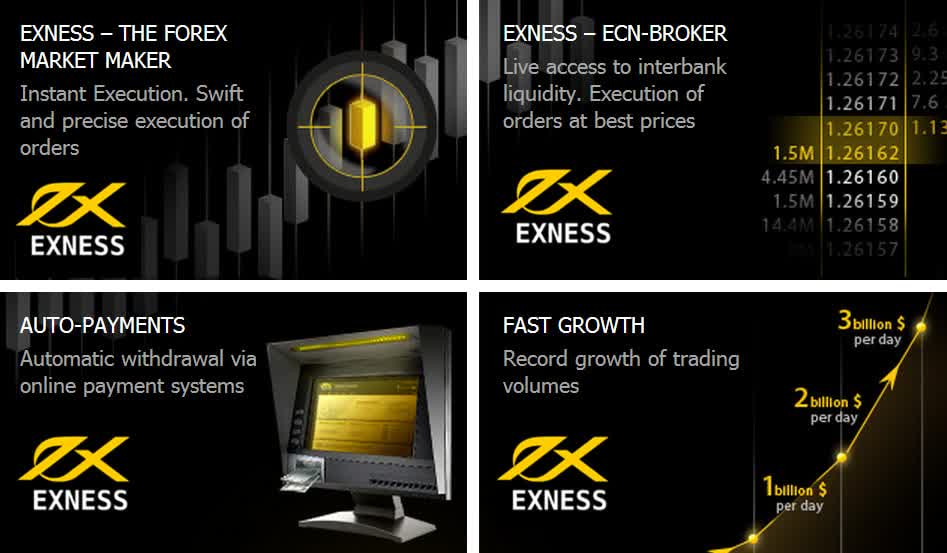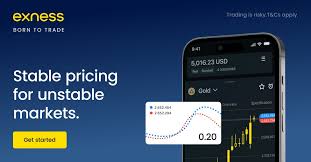
Understanding the Exness Economic Calendar for Better Trading Decisions
The exness economic calendar Exness broker economic calendar is an invaluable tool for traders who wish to navigate the complex world of financial markets. Understanding its significance is crucial for those looking to make informed decisions based on economic events that can impact currency values, stock prices, and overall market sentiment.
What is an Economic Calendar?
An economic calendar is a schedule that lists significant economic events and indicators, usually with their expected outcomes. These can include government reports, central bank meetings, and other data releases that have the potential to affect market volatility. For traders, monitoring these events can provide insights that inform their trading strategies.
Importance of the Exness Economic Calendar
Trading without awareness of economic events can be a gamble. The Exness economic calendar offers traders up-to-date information on events that may affect their trading positions. Being aware of when significant economic reports will be released allows traders to prepare for potential market reactions, strategize their trades, and manage risk effectively.
Key Features of the Exness Economic Calendar

The Exness economic calendar is user-friendly and packed with critical features that cater to traders of all skill levels. Here are some of the critical features that enhance the trading experience:
- Comprehensive Event Listings: The calendar includes a wide range of economic events from various countries, ensuring that traders have global insights.
- Impact Level Ratings: Events are often rated based on their expected impact on the market, helping traders prioritize what to watch.
- Historical Data: Traders can also view past performance and outcomes of economic indicators to gauge trends and form predictions.
- Customization Options: Users can filter events based on their trading interests, focusing only on relevant data.
How to Use the Exness Economic Calendar
Using the economic calendar effectively requires a bit of strategy:
- Regular Monitoring: Keep an eye on the calendar daily. Economic events can change markets overnight, so staying updated is essential.
- Plan Your Trades: Develop your trading strategy around key events. Be aware of times when volatility is likely to spike due to major announcements.
- Adjust Risk Management: Before high-impact events, consider adjusting stop-loss orders or taking profits to manage potential volatility.
- Analysis and Forecasting: Use historical trends and current events to make informed predictions about market movements post-announcement.
Types of Economic Indicators

Within the Exness economic calendar, various types of economic indicators are listed. Some primary indicators include:
- Gross Domestic Product (GDP): A measure of a country’s overall economic performance.
- Employment Data: Reports such as non-farm payrolls indicate job growth and unemployment rates.
- Inflation Reports: Consumer Price Index (CPI) and Producer Price Index (PPI) reveal inflation trends.
- Interest Rate Decisions: Central bank meetings can lead to shifts in monetary policy, impacting currencies significantly.
Common Mistakes to Avoid
While the Exness economic calendar is a great resource, it’s crucial to avoid some common pitfalls:
- Ignoring the Calendar: Many traders overlook economic events, leading to unexpected losses.
- Overreacting to News: Impulsive trading based on initial news can be detrimental; wait for the market to stabilize.
- Failing to Adjust Strategies: Not changing trading strategies based on market conditions can lead to missed opportunities.
Conclusion
The Exness economic calendar is a powerful tool for traders aiming to enhance their decision-making process. By staying informed about significant economic events, understanding how to utilize the data, and avoiding common pitfalls, traders can position themselves to take advantage of market movements. Being proactive and prepared allows for more strategic trading and potentially higher rewards in the dynamic world of finance.

